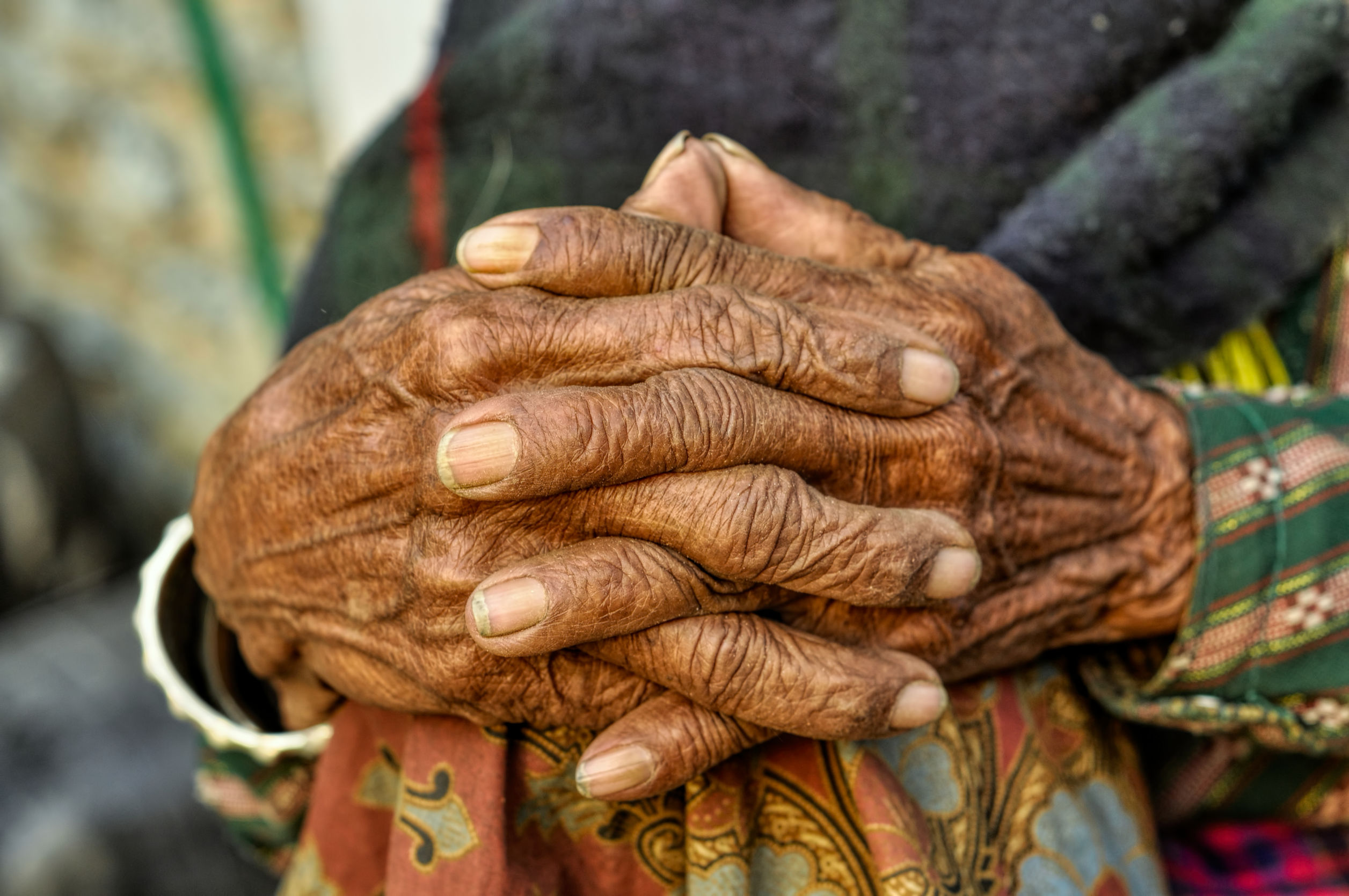
New study reveals fraught access to healthcare for ethnic minority elders
A pioneering, EOC-funded study on ethnic minority (EM) elders was released on 20 November 2018. Entitled “Acculturation and Needs Assessment of Elderly Ethnic Minorities in Hong Kong: A Qualitative Study”, the research was jointly conducted by the Department of Social Work and Social Administration of the Faculty of Social Sciences, The University of Hong Kong and Hong Kong Christian Service.
Designed to identify the needs of elderly members of our local EM communities, as well as policy and service gaps, the study consisted of in-depth interviews with 30 Nepalis aged 60 or above and five Nepalese carers. Findings indicate a prevalence of chronic illnesses, such as hypertension and diabetes, with a number of respondents showing early signs of cognitive impairment as well. Language barriers, however, have turned the healthcare system into a maze in which they struggle to navigate. There is also a shared lack of knowledge about community centres, the care and support services they provide, and relevant application methods. This is especially unfortunate when the majority of respondents expressed a strong preference towards ageing-in-place and family or community-based care, as opposed to being sent to institutions like elderly homes.
Ethnic minorities have long been an integral part of Hong Kong society. Just like the general populace, they are now feeling the challenge of an ageing community, only more acutely and in greater isolation. Addressing their need for long-term care services isn’t just about stationing intepreters at hospitals; it entails first and foremost genuine respect for EM rights – to access information, goods, services and facilities on an equal basis with others. By incorporating their needs and concerns into the policymaking process, conducting more cultural sensitivity training for caregivers and medical personnel, and devising codes of practice for service providers and frontline staff, we may begin to create the conditions for a dignified life for EM elders in Hong Kong.

